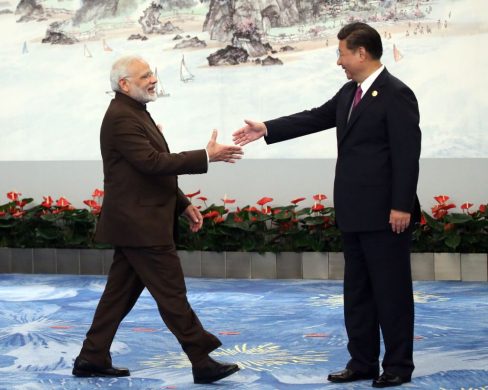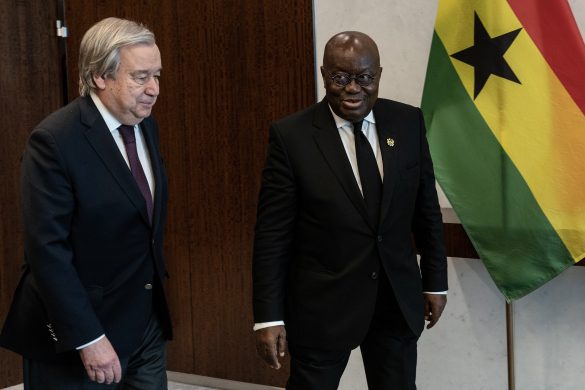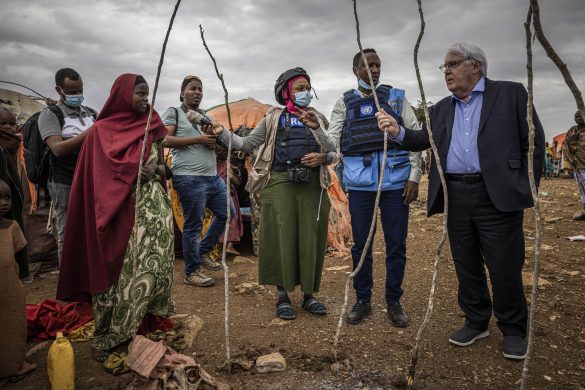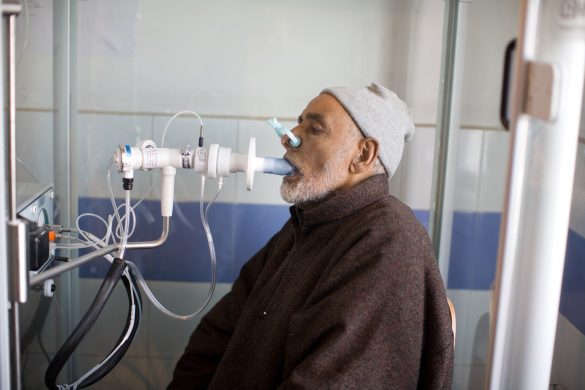BAGHDAD, 15 November 2009 (IRIN): Iraq’s minority communities in the northern province of Nineveh have appealed to local and national authorities for protection amid warnings of an increase in attacks against them in the run-up to January’s national elections.
– As Christians we have been feeling insecure since the 2003 [US-led] invasion as we are subjected to killings, kidnappings, extortion and displacement by different parties due to either political agendas or extremist ideologies, said Ihsan Matti, a 33-year-old taxi driver in Mosul, provincial capital of Nineveh.
Matti said Iraq’s security forces were slow to respond to any anti-Christian attacks and left their communities vulnerable to more violence. “The government still doesn’t deal with the threats we face seriously. We are still facing the same threats without any sustainable measures [to counter them].
Since 2003, minority communities have been repeatedly attacked by Sunni militants, the majority of whom were affiliated to al-Qaida in Iraq, by their own admission. The militants accuse minorities of being crusaders, devil-worshipers, infidels or traitors for co-operating with US forces.
The main groups of minorities targeted in Nineveh Province are the Shabaks, whose numbers are estimated at 300-000-400.000 and have a religion containing elements of Islam, Christianity and other religions; the Yazidi community, which worships Melek Taus, the Peacock Angel; and Christians, which are made up of Chaldeans, Orthodox, Catholics, Assyrians, Anglicans and Armenians.
The deadliest attack on a minority group was in August 2007 when four truck bombs detonated simultaneously in the small village of Qahataniya, killing more than 300 Yazidis. Some five months before that, truck bombs hit markets in the northwestern city of Tal Afar, killing at least 152 Turkomen people.
In October 2008, a new wave of anti-Christian violence erupted in Mosul when gunmen started attacking Christians and threatening others, forcing them to leave the city either to displacement camps or outside the country.
Abdul-Raheem al-Shimari, head of the provincial Security and Defence Committee, warned that such attacks were likely to increase in the province in the run-up to January’s national elections, as minority communities had a significant stake in them.
– I do believe that there will be some security disturbances not only for the minority communities but for the whole province as we approach the elections, al-Shimari told IRIN, and added: – All parties, especially those with influential militias, will have a role in destabilizing the security situation to embarrass the other.














